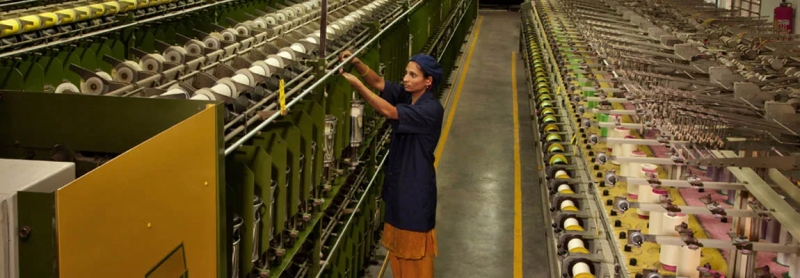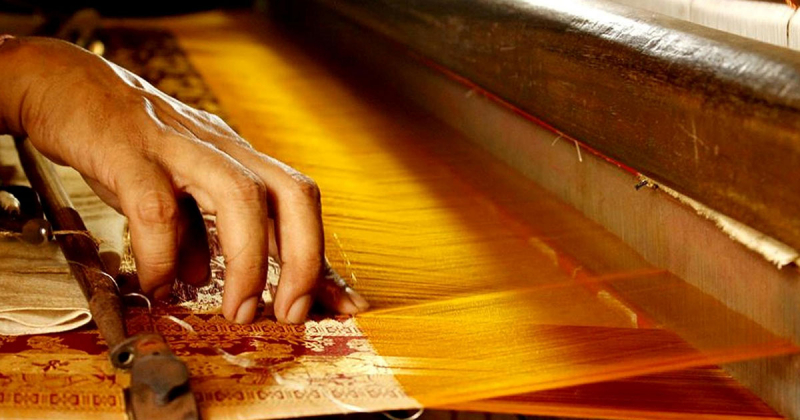They Created Their Own Silk Industry
Prior to the sixth century, if you wanted something made of silk in the world, you went to China to get it. It's difficult to imagine how essential and valuable silk was back then by today's standards, but the fact that the principal trading route throughout the world was known as The Silk Road should give you some idea of how highly valued this product was. It was a constant effort to keep the Silk Road open, especially as it passed through Persia, which would not allow trade during times of war. The Byzantine emperor Justinian became upset with the inconsistency of the silk trade in the sixth century and devised a solution.
Two monks travelled to China on orders from Emperor Justinian and stole some silkworm eggs, which they smuggled back to the Empire disguised in their canes. No one knew where silk came from before the monks went to China. The Byzantines believed it came from India. The monks spent two years traveling. It was also profitable. Silk factories were established in Constantinople and other towns throughout the empire. They overthrew the Chinese and Persian silk monopolies, and the Byzantine Empire established its own throughout Europe. For far over a millennium, this was a pillar of the entire Byzantine economy. Silk is being produced in Turkey and Greece today.












